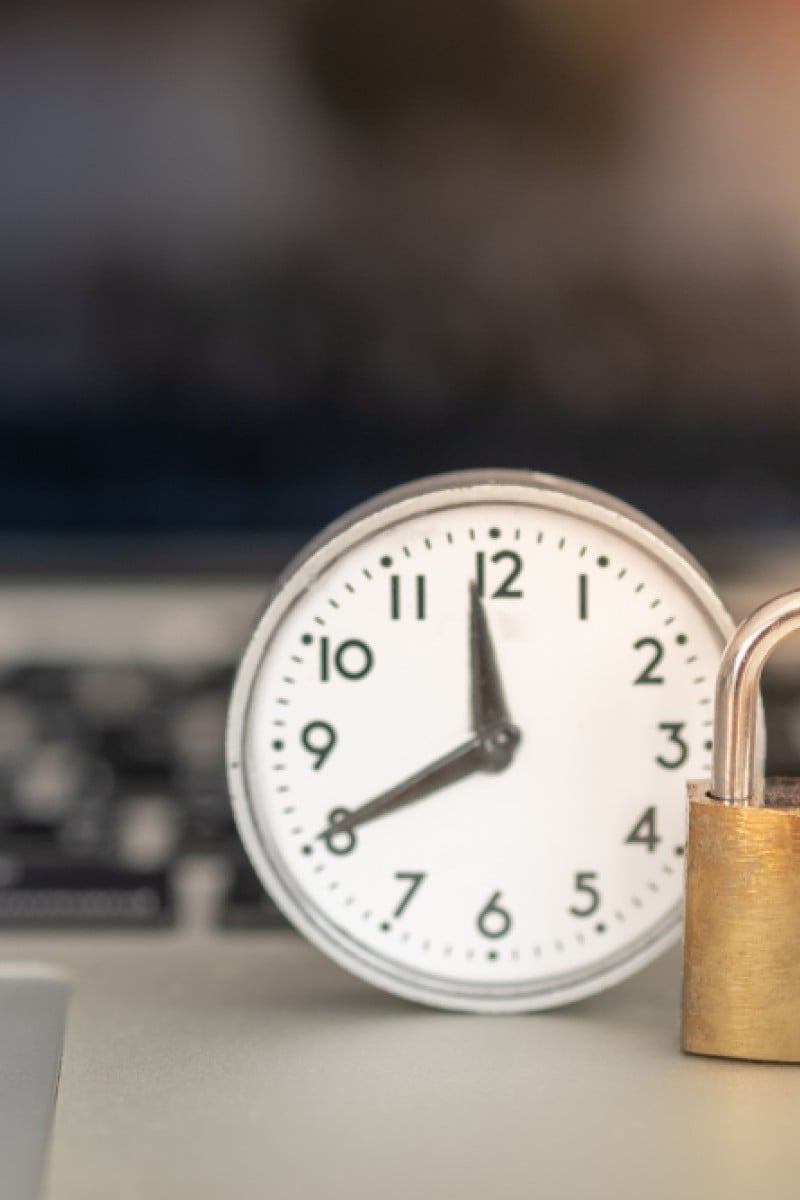
Face Off: Are curfews an effective way to keep teenagers safe and out of trouble?
Each week, two of our readers debate a hot topic in a parliamentary-style debate that doesn’t necessarily reflect their personal viewpoint. This week …
 Do curfews work?
Do curfews work?Joy Chan, 16, Hong Kong International School
A curfew should, in theory, reduce juvenile crime rates. After all, if a teenager is kept at home, what can go wrong?
Dr Jennifer Doleac of the University of Virginia in the US wrote about the increase of gun violence during times of state-enforced curfew in Washington in a paper. She stated that curfews are actually “counterproductive for public safety”. She says this is because reducing the number of people out in the city during hours of crime actually increases the probability of a criminal committing a crime. This would therefore encourage crime to be committed during recognised curfew times.
However, it is easy to forget that the topic of discussion is keeping teenagers out of trouble. When parents enforce curfews within a family, a “first defence” boundary is set up in a teenager’s mind. They are forced to consider why a curfew is being imposed on them: because most trouble occurs at night. The risks of staying out past curfew are then lodged in their mind – if they go out, something bad might happen to them, or happen because of them. They are already mentally one step of ahead of their curfew-free classmates – they have had to consider the differences in their environment during the night- and daytime.
Furthermore, a curfew (when kept) ultimately benefits the teenager. The longer a teenager stays awake at night, the higher the risk of them making poor decisions and/or mistakes. This is because they are tired – young people need more sleep than adults – which results in a reduced ability to pay careful attention to their surroundings.
That’s why curfews, when enforced, might have a positive effect on teenagers.
Charlotte Fong, 16, International Christian School
As much as parents want an easy way to keep their children out of trouble, setting up a curfew isn’t the way to go. Not only do curfews have no significant effect on crime rates or incidents, they put can strain parent-child relationships and harm a teenager’s independence.
While it is commonly believed a lot of delinquency happens at night, there are some statistics that show only 15 per cent of juvenile crime occurs from 10pm to 6am in the US. The vast majority of crimes occur after school ends and in the evening – outside typical curfew hours. Apart from a curfew’s lack of effectiveness in stopping students from committing crime, this is unfair on those who are well-behaved. Students will, if they want, find a way around a curfew to carry on doing what they like, leaving those who don’t commit crime to suffer the consequences.
By enforcing a curfew, parents are telling their children that they do not trust their self-control or their ability to make good decisions. Young people want to be seen as responsible and trustworthy. Setting a hard deadline on when they must return home causes them to think their parents view them as immature, and can push them to take part in activities they know their parents will disapprove of, in an attempt to provoke them. Neither side gains anything from this.
Setting up these types of restrictions on a young person’s lifestyle prevents them from learning independence and confines their upbringing to a greenhouse environment – in which they flourish, but only within a “safe space”. At some point, parents have to give up their control, and their children will have to make important life choices on their own. Those who have only ever lived in a heavily regulated world will feel lost when they are offered a plethora of choices as an adult. Without experiencing similar, less important, situations when they are younger, they might not know what is the right thing to do.
Curfews are typically set up with good intentions – to keep young people out of trouble and to make sure society remains safe. However, curfews can have a negative effect on a child’s growth. Proper education and a gradual delegation of responsibilities should be used instead to nurture proper decision-making in young people.
Edited by Ginny Wong
You might also like:
Face Off: Is rehabilitation the most effective sentence for young offenders?
